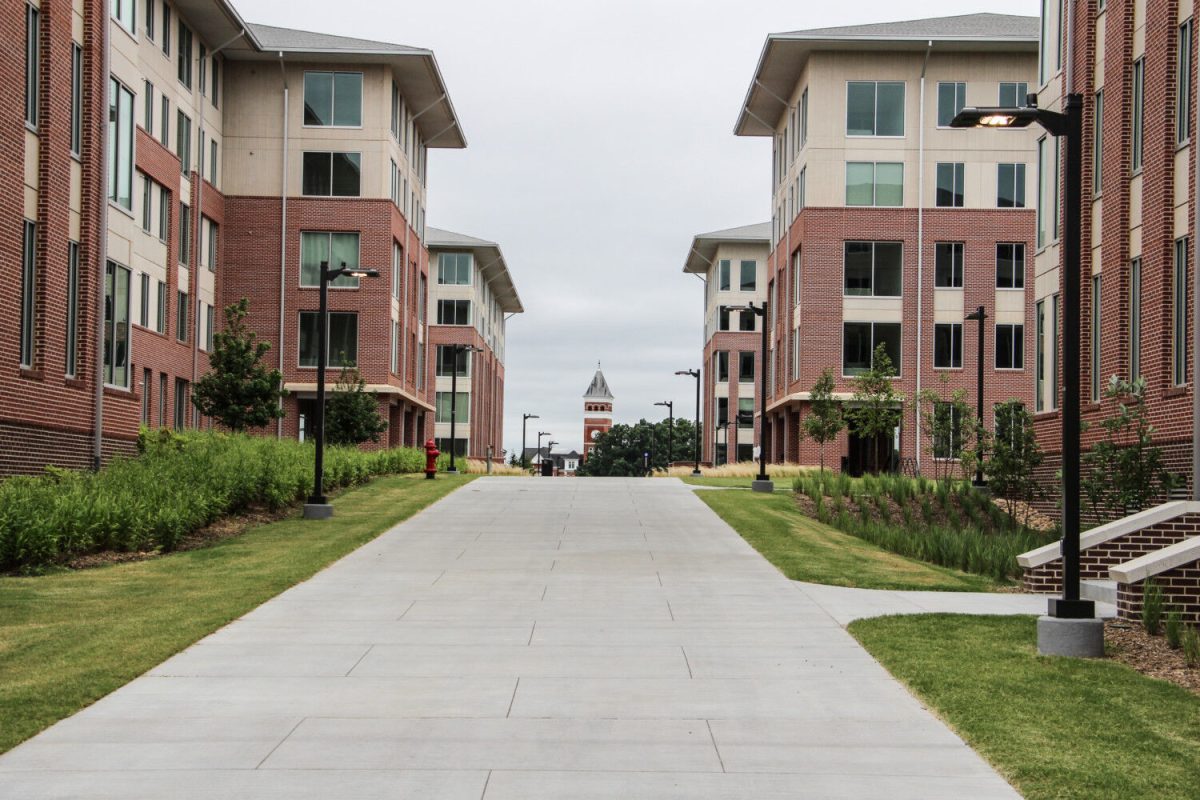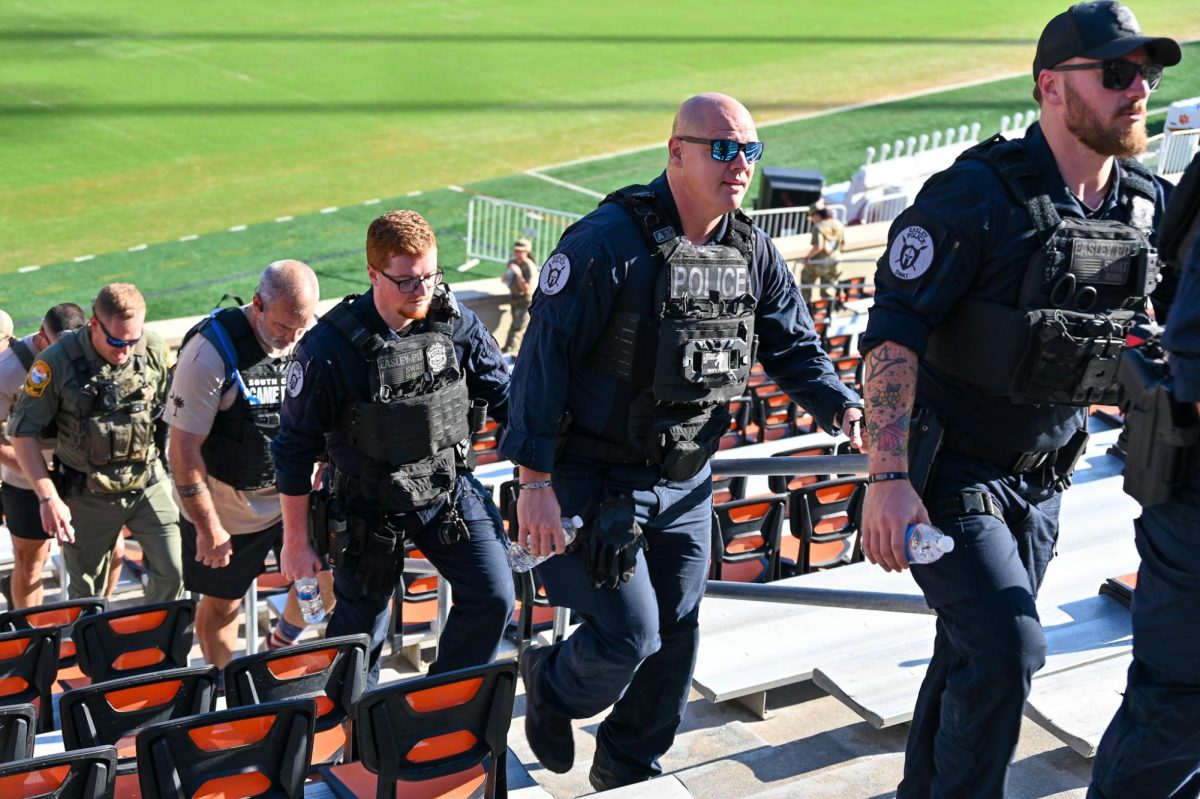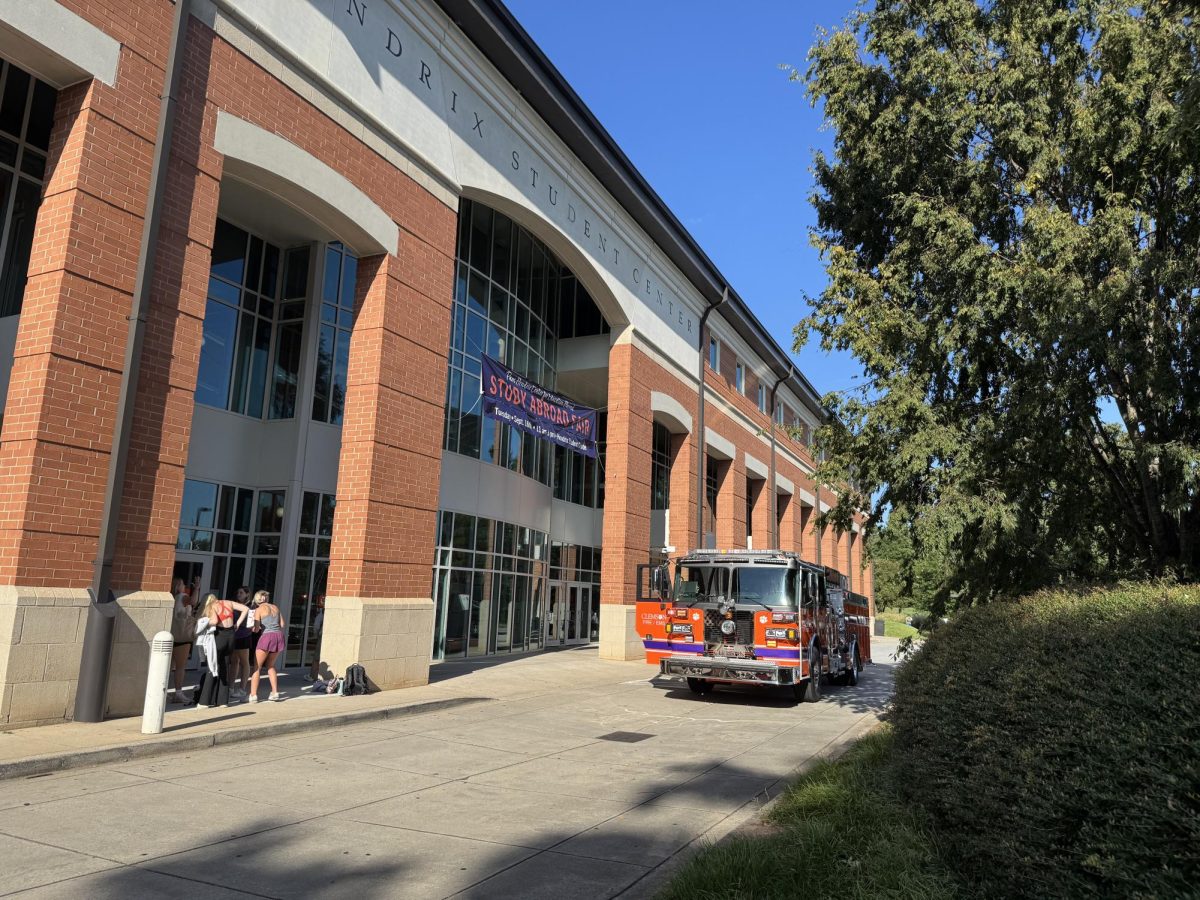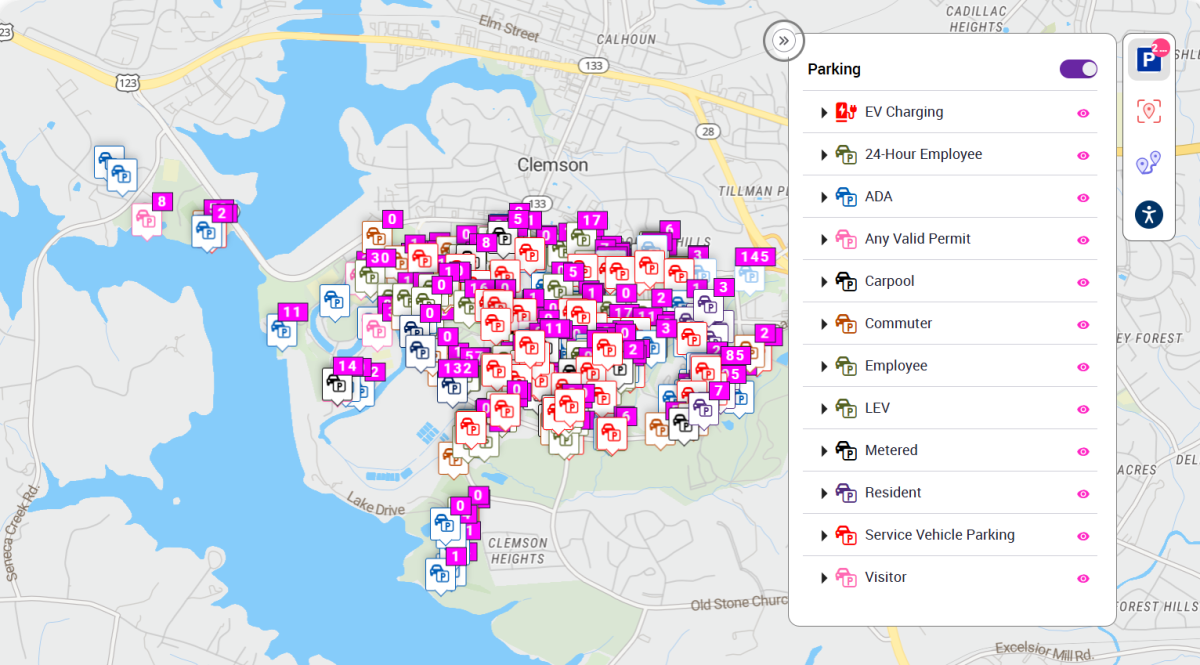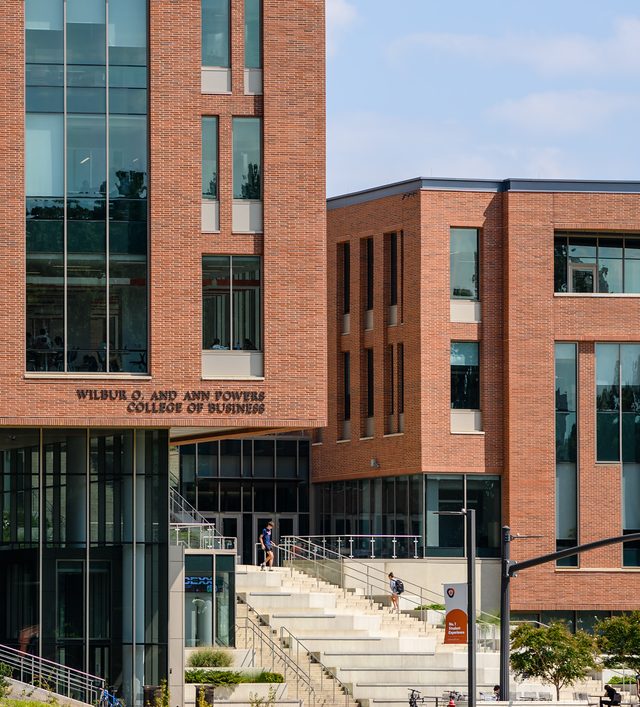CLEMSON, S.C. — In the wake of police brutality protests and Black Lives Matter movements, student activists around the country are demanding that their universities re-examine existing relationships with campus police as fear and misunderstanding surround police and student relationships.
The University of Minnesota was the first to end partnership with city police of Minneapolis following the death of George Floyd. Students around the country are calling for this to continue.
The relationship between college students and law enforcement is a complex issue as students often rely on the services and protection of police and work with them in beneficial partnerships that often go on behind the scenes. The Clemson University Police Department (CUPD) is a living example in its program with Residential Assistants (RA).
Established fourteen years ago, the CUPD Liaison program is continuously adjusting and meeting the needs of the Clemson community. The goal of the liaison program is to help residential students identify CUPD as allies and community members. Community leadership teams and their CUPD liaison meet throughout the semester to discuss trends and how to proactively work together to creatively address those trends.
“From my two years as an RA, I had very positive experiences with [campus police],” said Elena Shortes, a senior secondary education major and past RA.
According to Clemson residential assistant rules, RAs are expected to call CUPD any time drugs are suspected, alcohol is in underaged individuals’ possession, residents are being non-compliant, a CAPS counselor is needed or a resident is throwing up and/or needs an ambulance. If RAs call the EMS or fire department, the same number is called for CUPD. Police officers often walk the halls and community alongside RAs in order to build relationships between RAs, campus police and residents.
“Clemson Home much prefers to consider our relationship with CUPD as a partnership versus being dependent,” said Brianna Lombardozzi, Associate Director for Residential Living. “CUPD and Clemson University will continue to have close relationships that are built on mutual trust and respect.”
“By no means do I believe law enforcement should take a step back,” said Gregory Whitaker, Clemson’s Chief Deputy. “This is a great opportunity to get to know your community better, to get involved, to further build that trust between the Clemson community and law enforcement.”
CUPD and Residential Living staff members have recently met to discuss how the program can continue to grow and be successful while being mindful of the national landscape and how that impacts the relationship between students and law enforcement.
“Policing is driven by building relationships. If we are true community builders, we must be accessible and reliable to the people we are sworn to protect,” said Whitaker
Clemson University’s relationship with campus police is best described and shown through the CUPD liaison program and the dedication shown through the commitment of relationships and positive experiences of working together. Now more than ever, the relationship between campus officers and students have the opportunity to strengthen and grow in mutual understanding.



